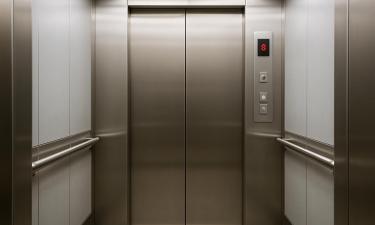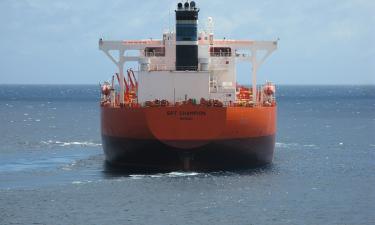Venezuela waits for ultimate decision on Chavez's recall vote
Election Council promised a final outcome on Monday on the validation of 400,000 signatures badly needed by the opposition to force a recall referendum against President Hugo Chavez. Both sides wait anxiously as accuse each other of fraud. The economy of the world’s fifth oil exporter is expected to grow up to 12% this year.
The long and winding controversy over the petition for a recall referendum against Venezuela's President Hugo Chavez will reach to a conclusion next Monday, according to the National Election Council, which is at the moment trying to verify the validity of around 400,000 signatures presented by the opposition. As the Council takes its time to issue a definitive statement on that, Venezuela's government and opposition accuse each other of fraud and claim victory.
President Chavez has already confirmed that “if the Council says signatures are valid”, he would accept the recall referendum, which he expects to win. At the same time, Observers from the Organization of American States and the US-based Carter Center urged both sides to respect the outcome. But Elections Council vice president Ezequiel Zamora protested that the vote count didn't start until late Monday for reasons that weren't clear.
Former US President Jimmy Carter, leading the Carter Center mission, expressed concern "about the slow delivery of petitions and information" to Carter Center and OAS observers. Results were expected by Friday. If there is a referendum, it would be held August 8, according to Venezuela's National Elections Council.
Opponents need more than 2.4 million signatures to force the referendum. Activists say they turned in more than 3.4 million signatures in December. But the elections council accepted only 1.9 million, rejected almost 400,000 outright and ordered more than 1 million citizens to confirm their signatures.
The opposition badly needs the referendum to take place before August 15, as that day Chavez will reach half of his mandate. According to the Constitution, from that date on a recall vote could eventually oust the President but not the vice-president who would finish the mandate. Venezuela's vice-president, Jose Vicente Rangel, is a full Chavez follower and usually his spokesman.
Despite the long lasting political crisis, which included a two months general strike last year, Venezuela’s economy is on its way up and recovering from its slump in 2002. According to independent reports, country's economy will probably surge almost twice as fast as the government has forecast this year, as oil production and consumer demand rebound from a record recession.
Gross domestic product probably will grow between 10 percent and 12 percent for the year, and growth in the second quarter is likely to be in the range of 12 percent to 14 percent. However, the Government is very cautious on its forecasts: the official GDP estimated growth for 2004 is 6.5 percent.
After a two month's strike and several attempts to overthrow the President, the economy is recovering thanks to a mixture of regulations on currency exchange, market controls (including maximum prices) and the restructuring of the national oil giant, PDVSA, which included the removal of its management board.
Subscribe to Pravda.Ru Telegram channel, Facebook, RSS!





